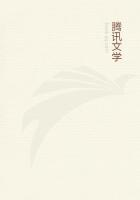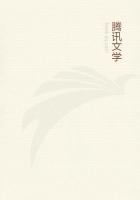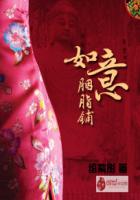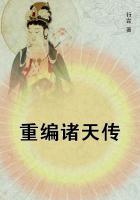The faculty of knowledge from a priori principles may be called pure reason, and the general investigation into its possibility and bounds the Critique of Pure Reason.This is permissible although "pure reason," as was the case with the same use of terms in our first work, is only intended to denote reason in its theoretical employment, and although there is no desire to bring under review its faculty as practical reason and its special principles as such.That Critique is, then, an investigation addressed simply to our faculty of knowing things a priori.Hence it makes our cognitive faculties its sole concern, to the exclusion of the feeling of pleasure or displeasure and the faculty of desire; and among the cognitive faculties it confines its attention to understanding and its a priori principles, to the exclusion of judgement and reason, (faculties that also belong to theoretical cognition,) because it turns out in the sequel that there is no cognitive faculty other than understanding capable of affording constitutive a priori principles of knowledge.Accordingly the critique which sifts these faculties one and all, so as to try the possible claims of each of the other faculties to a share in the clear possession of knowledge from roots of its own, retains nothing but what understanding prescribes a priori as a law for nature as the complex of phenomena-the form of these being similarly furnished a priori.All other pure concepts it relegates to the rank of ideas,which for our faculty of theoretical cognition are transcendent;though they are not without their use nor redundant, but discharge certain functions as regulative principles. For these concepts serve partly to restrain the officious pretentions of understanding, which, presuming on its ability to supply a priori the conditions of the possibility of all things which it is capable of knowing, behaves as if it had thus determined these bounds as those of the possibility of all things generally, and partly also to lead understanding, in its study of nature, according to a principle of completeness, unattainable as this remains for it, and so to promote the ultimate aim of all knowledge.
[The word is defined in SS 17 & SS 57 Remark I.See Critique of Pure Reason, "Of the Conceptions of Pure Reason" - Section 1 & 2:
"I understand by idea a necessary conception of reason, to which no corresponding object can be discovered in the world of sense."(Ibid., Section 2.) "They contain a certain perfection, attainable by no possible empirical cognition; and they give to reason a systematic unity, to which the unity of experience attempts to approximate, but can never completely attain." (Ibid., "Ideal of Pure Reason").
[Cf.Critique of Pure Reason, Appendix.]
Properly, therefore, it was understanding which, so far as it contains constitutive a priori cognitive principles, has its special realm, and one, moreover, in our faculty of knowledge that the Critique, called in a general way that of pure reason was intended to establish in secure but particular possession against all other competitors.In the same way reason, which contains constitutive a priori principles solely in respect of the faculty of desire, gets its holding assigned to it by The Critique of Practical Reason.
But now comes judgement, which in the order of our cognitive faculties forms a middle term between understanding and reason.Has it also got independent a priori principles? If so, are they constitutive, or are they merely regulative, thus indicating no special realm? And do they give a rule a priori to the feeling of pleasure and displeasure, as the middle term between the faculties of cognition and desire, just as understanding prescribes laws a priori for the former and reason for the latter? This is the topic to which the present Critique is devoted.
A critique of pure reason, i.e., of our faculty of judging on a priori principles, would be incomplete if the critical examination of judgement, which is a faculty of knowledge, and as such lays claim to independent principles, were not dealt with separately.

